Mental health and balance – reduce stress with just 20 Minutes a day in nature
Stress has become an inseparable part of our daily lives—work, family, obligations, technology, constant noise, and pressure. While we may be used to it, chronic stress can gradually disrupt both our mental and physical health. The good news? You don’t need complex strategies or long routines to regain your balance. Studies show that spending just 20 minutes a day in nature can significantly reduce stress and boost your mood.

Why Nature Reduces Stress – What Science Says
Recent scientific research clearly confirms that even short periods spent in nature can have a powerful effect on mental health. A landmark 2019 study from the University of Michigan found that just 20 minutes a day in a park or green space significantly reduces levels of cortisol, the so-called “stress hormone.”
Cortisol plays a key role in the body’s stress response. When elevated chronically, it is associated with anxiety, depression, high blood pressure, and memory problems. Researchers discovered that people who spent at least 20 minutes daily outdoors had significantly lower cortisol levels and reported a greater sense of well-being compared to those who remained indoors.
This phenomenon is called biophilia—our natural human connection to the outdoors. Our brains literally relax when surrounded by greenery and calm, away from urban noise and stimulation.

20 Minutes in Nature – How to Make It a Daily Habit
Here are a few simple and effective ways to integrate this powerful habit into your daily routine:
1. Start Your Day Outside
A short morning walk is an ideal way to reduce early-day stress. Exposure to sunlight boosts serotonin and vitamin D production, improving your mood and focus.
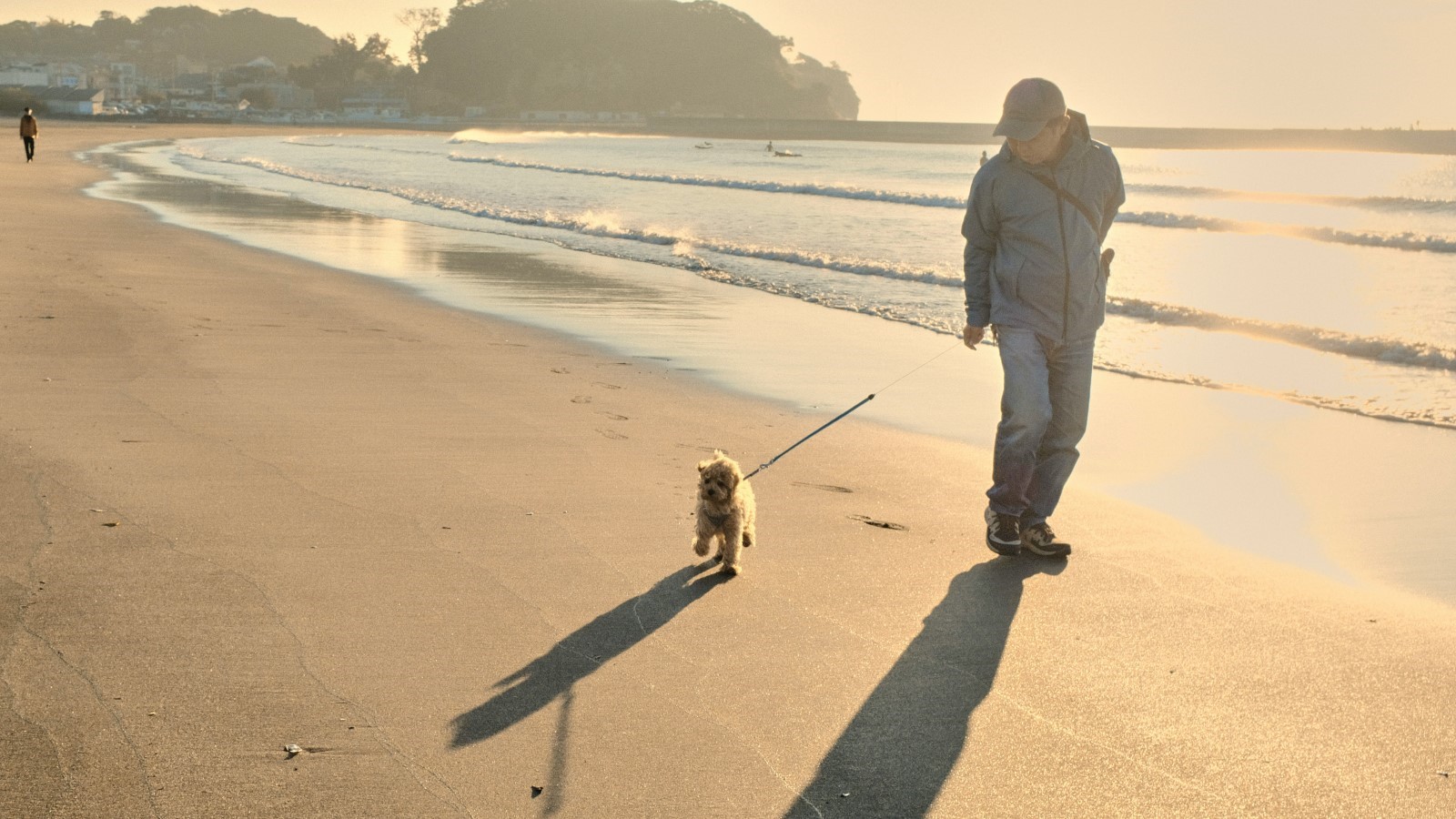
2. Use Your Lunch Break
Instead of spending lunch at your desk or in front of a screen, step outside. Even a quick bite in the park or a walk around a green space can refresh your mind and energize your afternoon.
3. Find a Nearby Park or Garden
Nature doesn’t need to be far. Look for a small park, garden, or green path in your neighborhood and make it part of your daily ritual. Even a small green patch near your building can provide the calming dose of nature you need.

4. Leave Your Phone Behind
Use these 20 minutes for true rest—no phone calls, emails, or social media. Disconnecting from digital devices allows your brain to reset more deeply and effectively.

Additional Mental Health Benefits of Being in Nature
In addition to lowering stress, spending time in nature provides other scientifically proven mental health benefits:
-
Improved mood and reduced anxiety: Studies show that people who regularly spend time in green spaces have significantly lower levels of anxiety and depression.
-
Better focus and memory: Walks in parks or forests boost cognitive function and concentration, especially when feeling mentally overwhelmed.
-
Improved sleep: Regular outdoor time enhances sleep quality by regulating circadian rhythms and reducing stress hormones.

How to Boost the Effects of Your Nature Break
To get even more out of your short “green breaks,” try the following:
-
Focus on your senses: Tune in to the sounds, scents, and sights around you. This mindfulness heightens relaxation and mental clarity.
-
Practice deep breathing: While outside, engage in slow, deep breathing. This calms the nervous system and amplifies stress relief.
-
Add physical activity: If possible, combine your time in nature with light exercise—walking, cycling, or light jogging. It doubles the benefit for both mental and physical health.
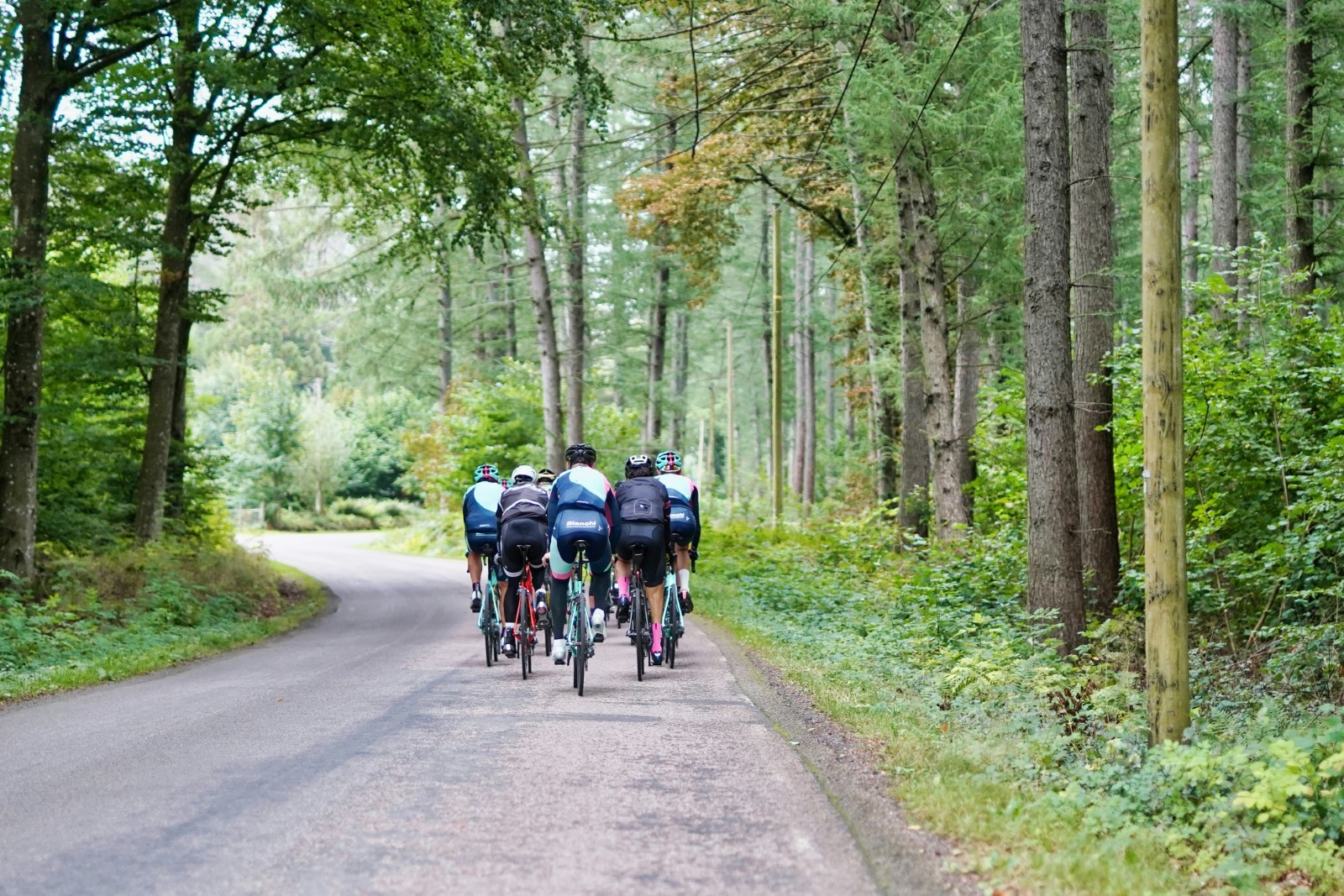
Conclusion – A Small Step Toward a Big Change

Just 20 minutes a day in nature is scientifically proven to reduce stress and significantly improve your mental health. Whether you start your morning in the fresh air, take a short walk in the park during lunch, or sit quietly under a tree after work—make it part of your daily routine.
Don’t underestimate the power of small habits—they lead to big transformations. Start today, and you’ll feel the benefits sooner than you think.
👉 If you found this article helpful, share it with a friend and comment below on how you manage stress. For more practical, evidence-based tips for better mental health, subscribe to our newsletter—DrGoGo is always here to support you on your journey to health and balance!
Sources:
Pirchio S, Costa S, Ferri R. Biophilia in Italian preschool children: preliminary findings. Front Psychol. 2025 Apr 9;16:1567848. doi: 10.3389/fpsyg.2025.1567848. PMID: 40271362; PMCID: PMC12014690.
DiLauro MD. The Biophilia Effect: How Social Workers Can Utilize the Natural Environment to Promote Client Health and Well-Being. Health Soc Work. 2024 Aug 1;49(3):193-196. doi: 10.1093/hsw/hlae020. PMID: 38878174.
Fukano Y, Soga M. The biophilia hypothesis revisited: back to basics, moving forward. Trends Ecol Evol. 2025 Apr 22:S0169-5347(25)00090-4. doi: 10.1016/j.tree.2025.04.001. Epub ahead of print. PMID: 40268641.
Fan L, Baharum MR. The effects of digital nature and actual nature on stress reduction: A meta-analysis and systematic review. Internet Interv. 2024 Sep 15;38:100772. doi: 10.1016/j.invent.2024.100772. PMID: 39329057; PMCID: PMC11426060.
Zerbe S, Schmid HL, Hornberg C, Freymüller J, Mc Call T. Nature's impact on human health and wellbeing: the scale matters. Front Public Health. 2025 Mar 10;13:1563340. doi: 10.3389/fpubh.2025.1563340. PMID: 40129591; PMCID: PMC11931031.
Paniccià M, Acito M, Grappasonni I. How outdoor and indoor green spaces affect human health: a literature review. Ann Ig. 2025 May-Jun;37(3):333-349. doi: 10.7416/ai.2024.2654. Epub 2024 Oct 3. PMID: 39370878.
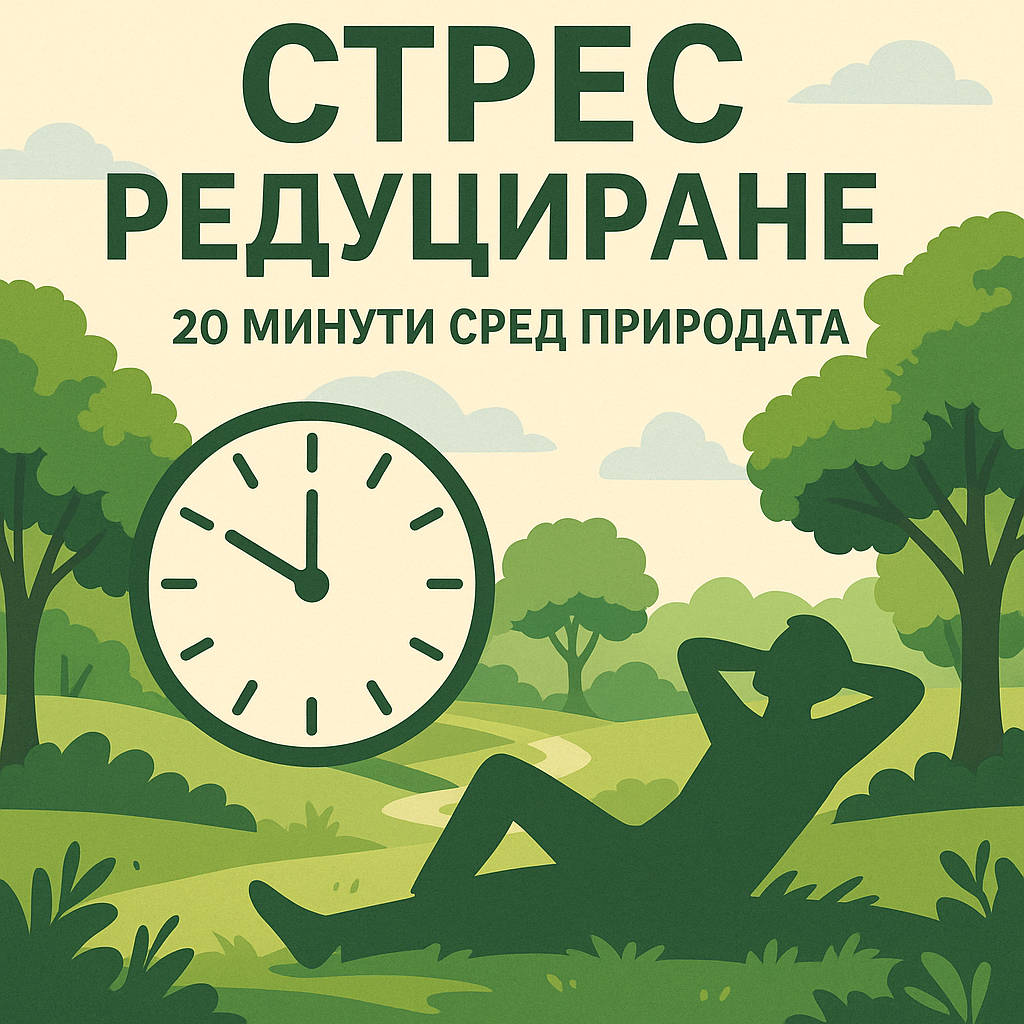


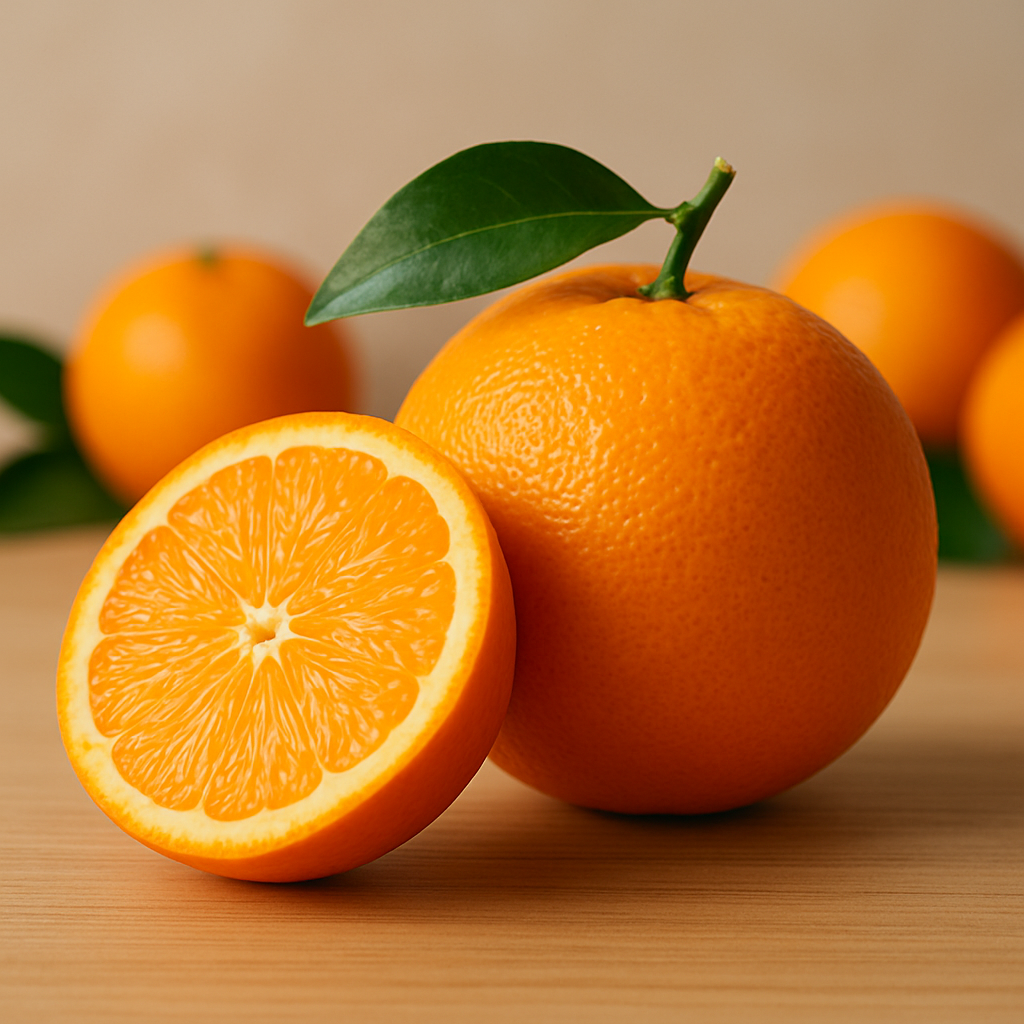
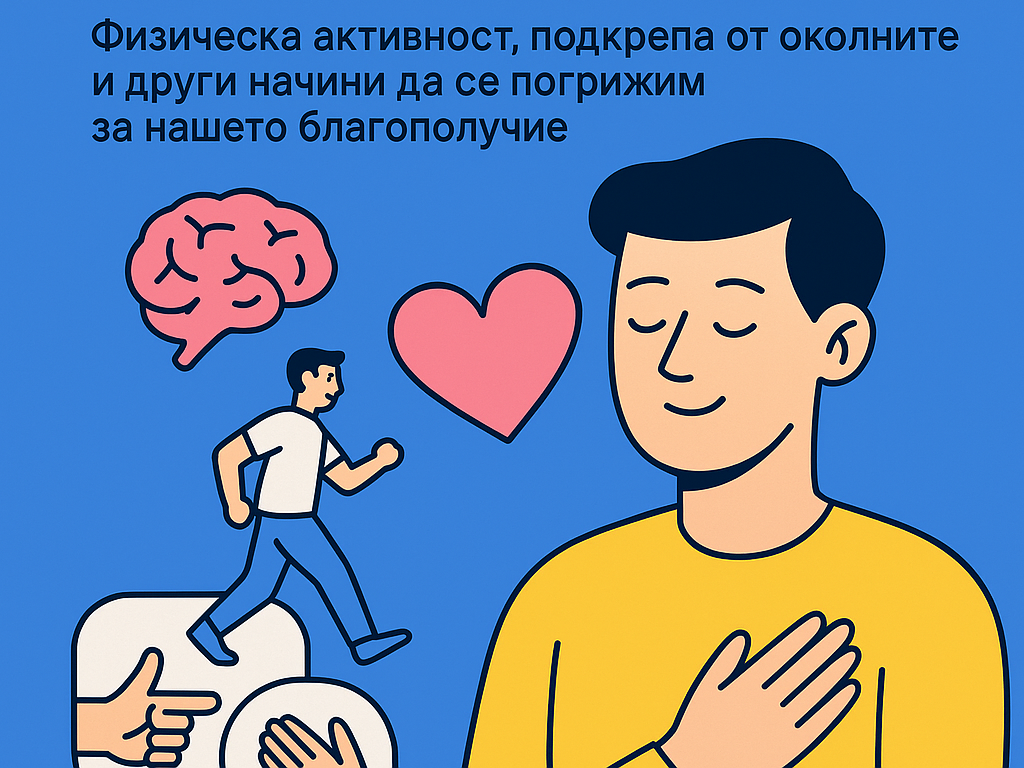
Comments